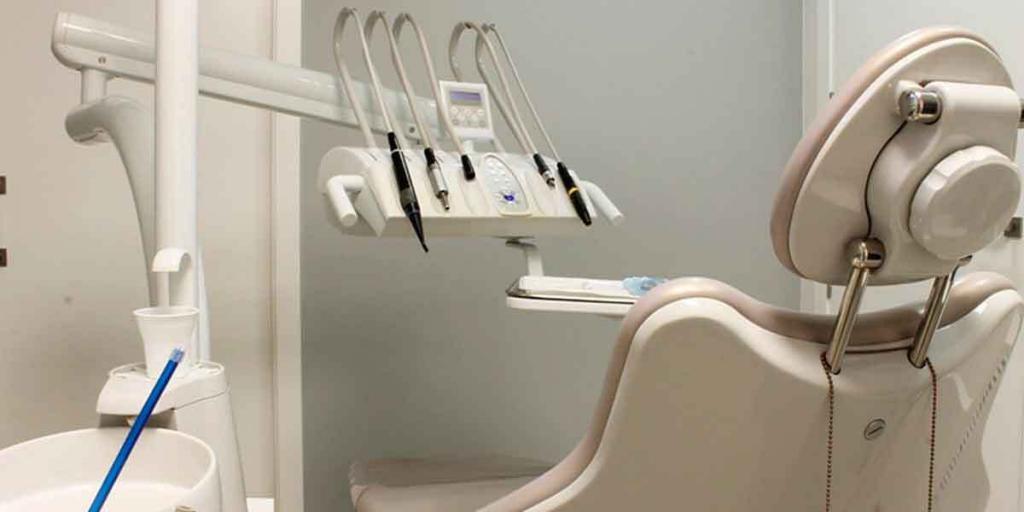Fact: Tooth extraction isn’t as painful as you think, and it takes a very short time.
If you have been told that you need dental extractions to remove the damaged or diseased teeth, you need to make sure you are ready for the procedure. A dental extraction is like any other procedure at the dentist’s office, and you need to get ready for it.
For many people, dental extraction is the first type of surgical procedure that they have ever had. For those who have had previous surgical procedures, you know what happens, though this guide will still help you out.
Being prepared makes the process smooth and fast. The good thing is that our dentists are on hand to handle the process in the best way possible, with minimum pain.
Let us look at the various ways to prepare for the extraction.
Understand the Type of Procedure that You Are Undergoing
When it comes to preparing for your upcoming tooth extraction, it helps if you know exactly what kind of procedure you will undergo to prepare appropriately.
Are you having an adult tooth removed, or do you have teeth that haven’t appeared yet, such as wisdom teeth that are impacted? Understanding this might help you know the amount of sedation dentistry that will work for you.
Knowing the kind of surgery will also give you the chance to research the condition and to find out more about it before you go in for surgery.
To know the type of procedure you are going in for, ask the dentist for clarification and more information.
Understand What Happens Before the Extraction
Before you opt for tooth extraction, you need to be sure about what will happen before the process. Let us look at the pre-extraction process.
Imaging Procedures
Before the procedure is performed, you will need to have X-rays of the mouth taken. The types of x-ray that you will have to depend so much on why you are having your teeth extracted in the first place.
If the teeth are just diseased, then a routine x-ray will do the trick. However, when you have impacted wisdom teeth that need to be removed, then you need to have a full panoramic x-ray so that the dentist can see the entire structure of the teeth and gums that will be affected by the extractions.
Dental History
The dentist needs to know your dental history so that he can know whether you will manage the treatment process or not. Certain patients, like those with weakened immunity or heart conditions, might be put on antibiotics to prevent any eventuality.
The antibiotics help prevent infections because, as much as the doctors are concerned with your teeth, they also look at your overall health.
Oral Examination
Before the procedure, the dentist must examine your teeth to find out if there are any issues with them. He will also look at the tissues so that he can identify anything amiss that needs to be rectified before the extraction.
Selecting the Sedation Type
Before the procedure, you will need to choose a sedation type that is ideal for you. The dentist will explain the various options to you so that you pick the best that suits your needs. You have to choose between local, general, and other types that you will get to know of.
Prepare Questions
If this is your first time at the dental office, you need to undertake enough research to know what to expect from the procedure. The dentist gives you the chance to ask questions so that you don’t have any doubts whatsoever.
You might not be able to ask all the questions you have prepared, which means you need to go to the FAQ page of the dental website so that you can get the information you need. This page allows you to find out common questions that have been asked before by other patients and for you to learn from them.
To Cap It All Off
Dental extractions are dreary to many people, making them bear with the pain. However, you can work with a qualified dentist to make the process painless and fast. Failure to remove the teeth on time might result into gum disease or infection. Call us today to schedule an appointment to have your tooth extracted by an expert.




